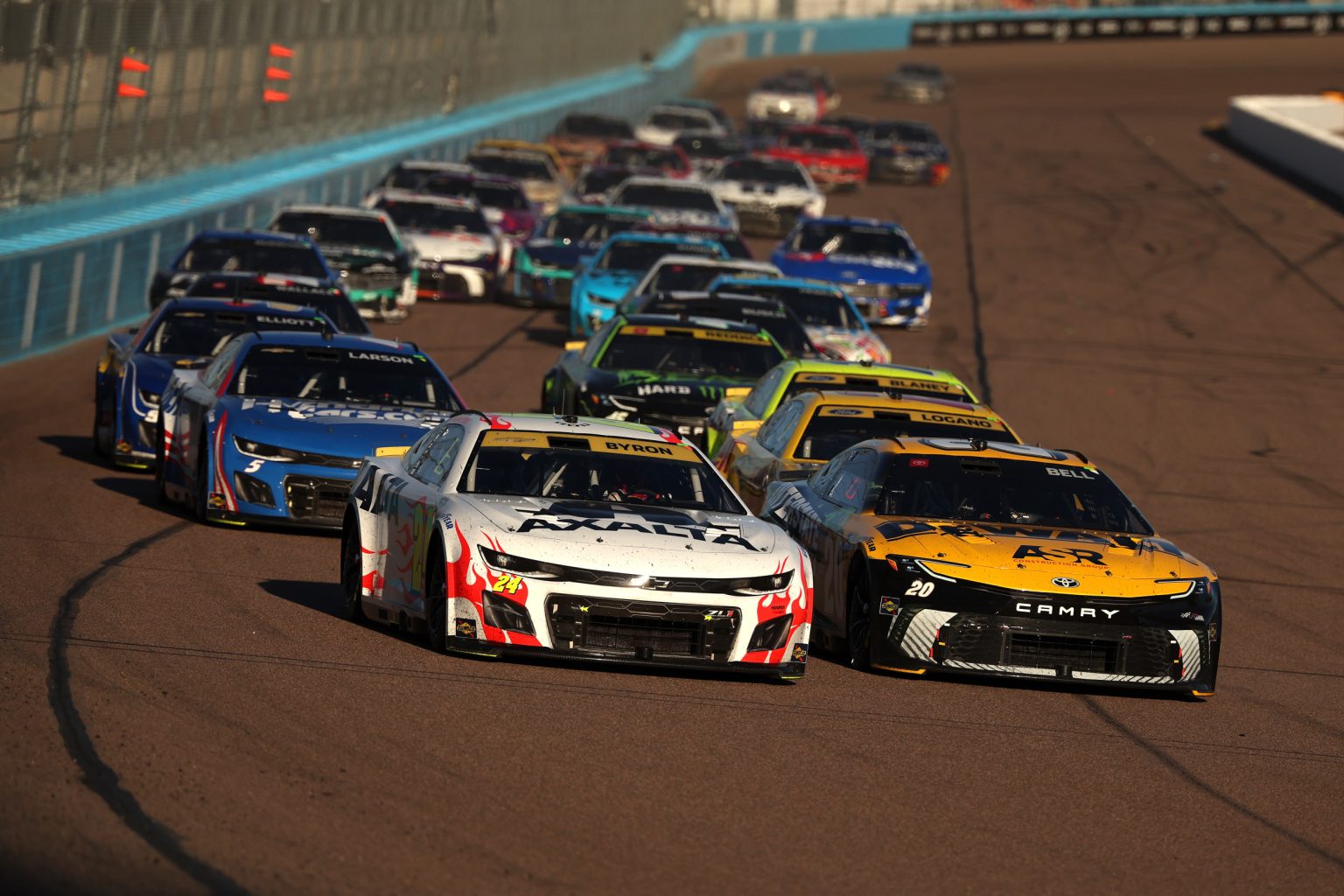NASCAR is poised to embrace the transformative power of Artificial Intelligence (AI), exploring its potential to revolutionize racing formats and strategic decision-making. Steve O’Donnell, NASCAR’s Chief Operating Officer, recently revealed that the organization is actively evaluating AI’s potential applications in various aspects of the sport, including the frequently debated playoff format. This move signifies a significant step towards leveraging advanced technologies to enhance the sport’s competitive landscape and overall entertainment value. O’Donnell envisions AI as a crucial tool for analyzing the potential impact of format changes, providing predictive insights that could shape the future trajectory of NASCAR.
The integration of AI in NASCAR marks an evolution in the sport’s adoption of data-driven strategies. While teams have been using data analysis and simulation for years, the potential of AI extends far beyond current capabilities. AI’s capacity to process vast amounts of data and simulate countless scenarios offers an unprecedented opportunity to fine-tune racing formats, predict outcomes, and optimize strategies. Imagine AI algorithms analyzing historical race data, driver performance metrics, and even fan engagement patterns to determine the optimal number of playoff drivers, the ideal stage lengths, or the impact of different point systems. This level of analysis could lead to more balanced competition, increased excitement, and greater predictability, all while preserving the inherent unpredictability that makes NASCAR so compelling.
One of AI’s most promising applications lies in its ability to simulate the effects of format modifications. O’Donnell highlighted this, suggesting that AI could be used to model the repercussions of tweaking the playoff structure, providing valuable foresight into potential consequences. This analytical capability could be crucial in mitigating unintended outcomes and ensuring that any changes made to the format contribute positively to the sport. By simulating a wide range of scenarios, NASCAR could identify potential pitfalls and optimize the playoff structure for maximum excitement and fairness.
Furthermore, AI could contribute to real-time decision-making during races. Existing real-time data analysis already informs team strategies, but AI’s advanced analytical capabilities could significantly enhance this process. By processing data from various sources – including GPS tracking, telemetry, and even weather conditions – AI could provide teams with immediate insights into optimal pit strategies, tire management, and fuel consumption. This real-time analysis would add another layer of complexity to the races, making strategic decisions even more crucial and potentially increasing the frequency of dramatic comebacks and unexpected outcomes.
Beyond its impact on the competitive aspect of racing, AI has the potential to revolutionize the business side of NASCAR. AI algorithms could analyze fan preferences, viewership patterns, and social media engagement to optimize broadcasting schedules, personalize content, and even predict merchandise demand. This data-driven approach could lead to increased fan engagement, higher television ratings, and a more profitable business model for the sport.
In conclusion, the potential integration of AI into NASCAR represents a significant paradigm shift for the sport. From optimizing race formats and enhancing real-time decision-making to revolutionizing the business side of operations, AI offers a plethora of opportunities to elevate NASCAR to new heights. As the organization delves deeper into the possibilities of AI, the future of NASCAR promises to be more data-driven, strategically complex, and ultimately, even more thrilling for fans and participants alike. The integration of AI is not merely a technological advancement; it signifies a commitment to innovation and a vision for a future where data and intelligence play a central role in shaping the sport’s evolution.














